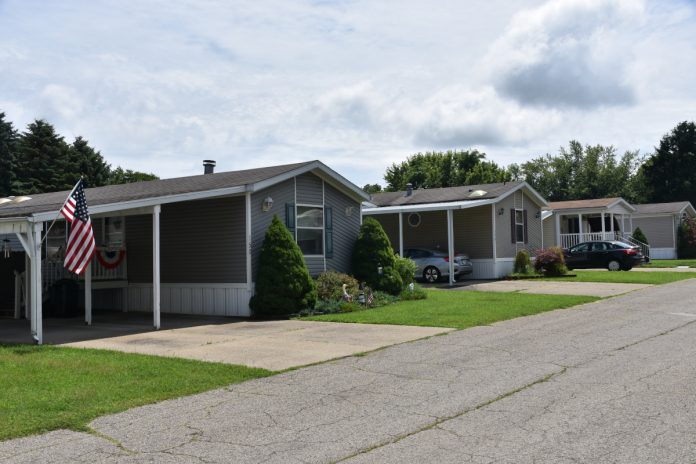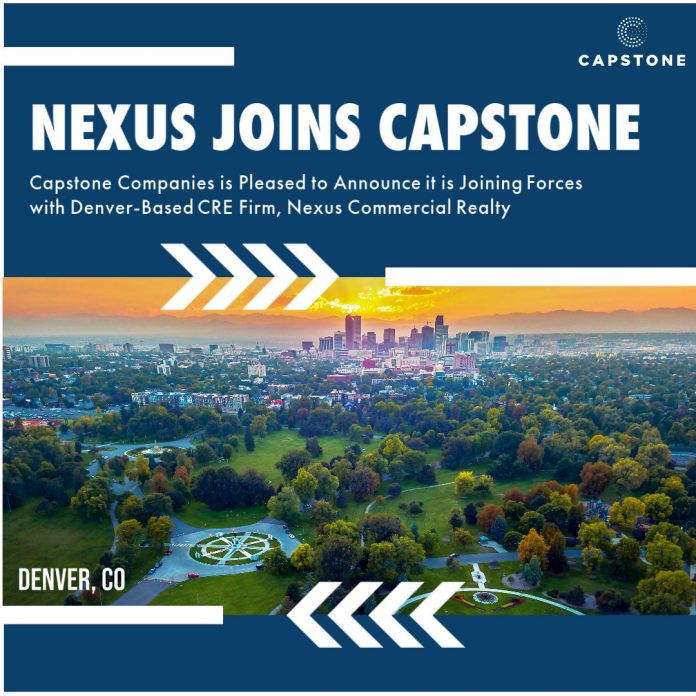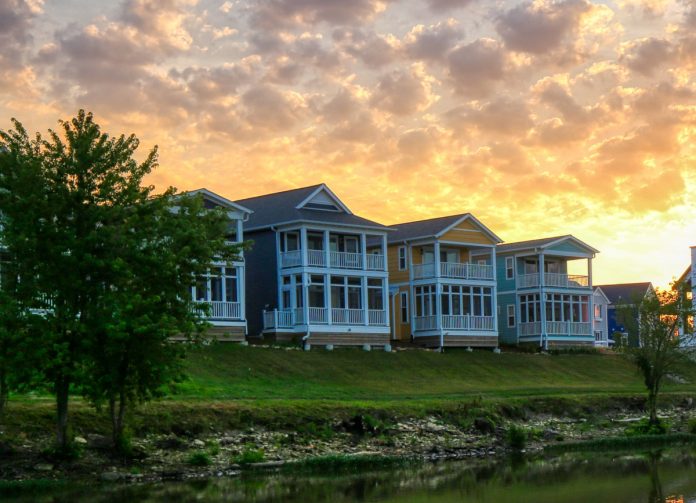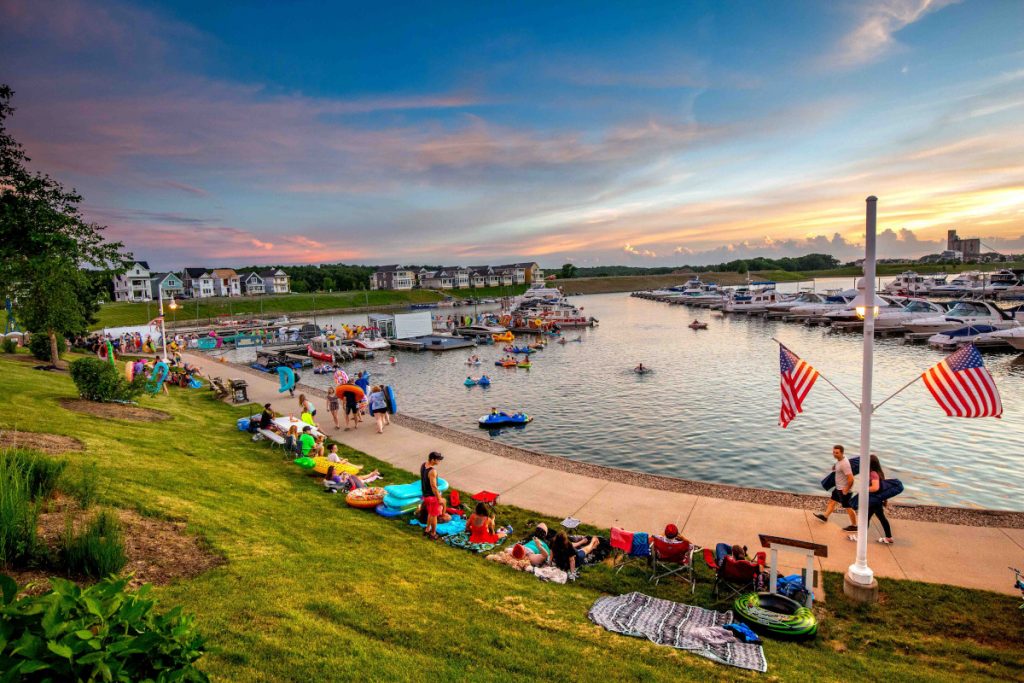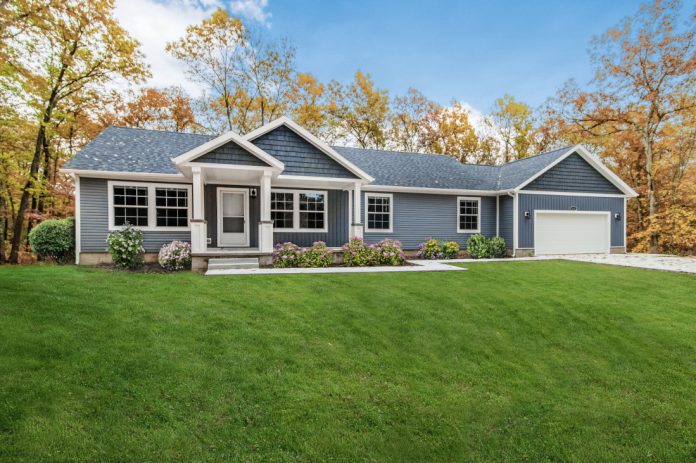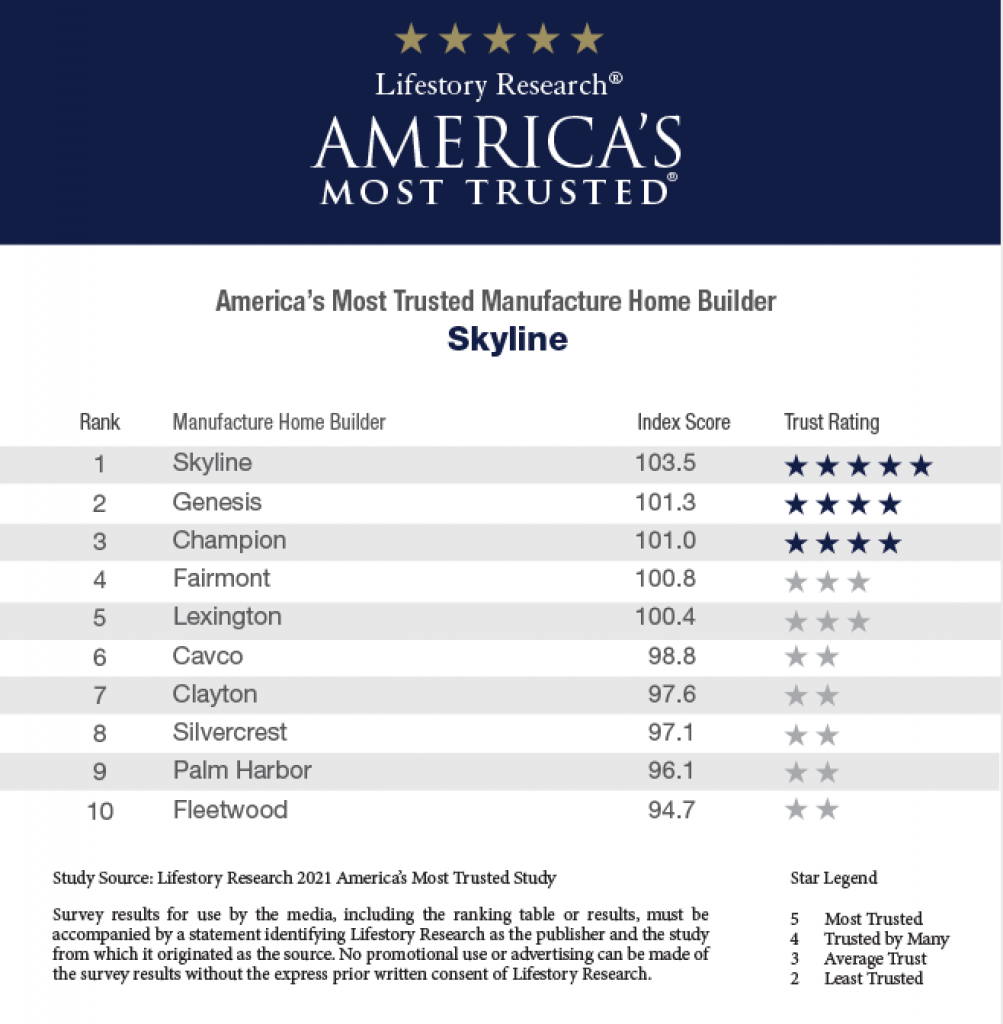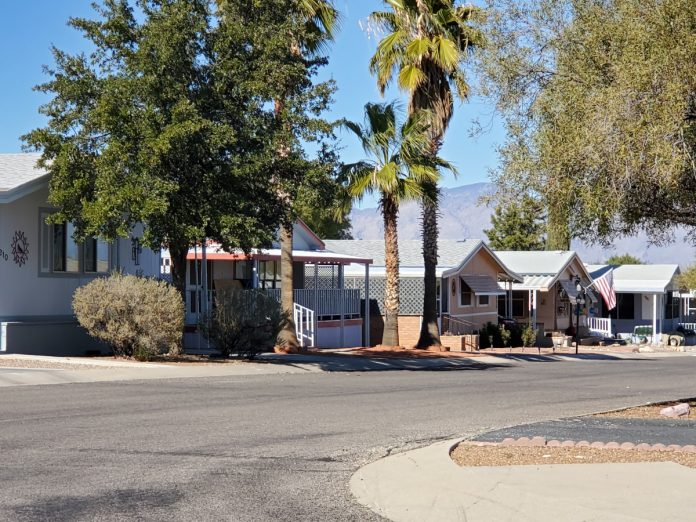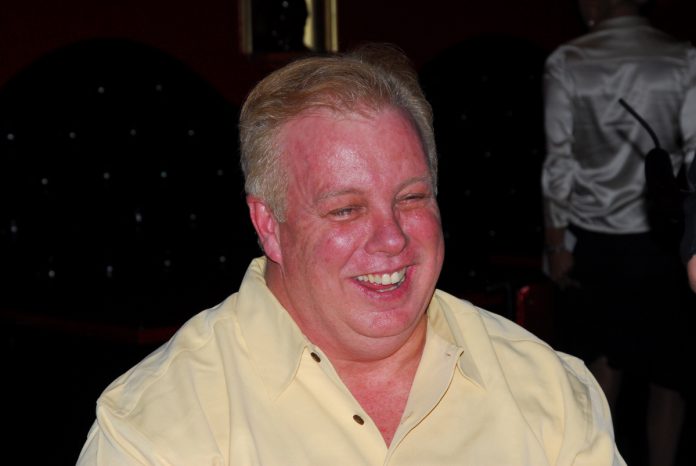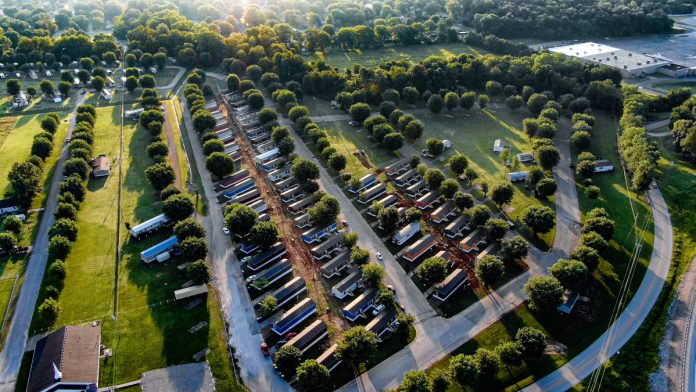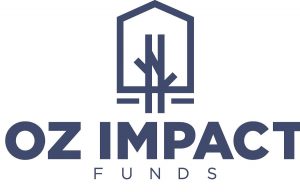By Jeffrey Barringer
Manufactured housing covers a diverse range of business interests, stretching from home builders and installers to lenders and community operators, plus everyone in between. This diversity is one of the industry’s greatest strengths. However, when lenders are unfamiliar with how homes are built and manufacturers have limited understanding of community operations, that strength can also be a weakness—especially when the industry struggles to work together.

Hopefully, this new column will help every corner of manufactured housing better understand how these component parts, as well as the underlying regulatory requirements, fit together.
Each issue, this space will highlight recent legal developments at the federal and state levels that affect manufactured housing. Sprinkled throughout will be high-level “explainers” of various topics, including the HUD Code, federal preemption, transportation requirements, home titling and financing, code enforcement, and manufactured home community regulations. While the information provided here will never be an all-inclusive answer—you should always consult independent legal counsel for help with your specific legal question—it will help clear the cloud of confusion.
Of course, last year was another busy year for manufactured housing, with the industry witnessing several updates that have reshaped — and continue to reshape — the manufactured housing industry regulatory landscape as we begin a new year.
At the federal level, HUD published final rules concerning Streamlining and Aligning the Formaldehyde Emission Control Standards (published January 31, 2020) and Minimum Payments to the State Administrative Agencies (published November 12, 2020). Together, these rules are the first revisions to the HUD Code in roughly two years. HUD also published multiple emergency actions to help home builders navigate supply chain challenges caused by the COVID-19 pandemic and even managed to host several teleconference meetings of the Manufactured Housing Consensus Committee.
Manufactured Housing Industry State Regulatory Changes
Not to be outdone, there was also significant activity at the state level. Highlighting a few priority updates, in March, West Virginia adopted Senate Bill 651 (2020), which amended the state’s definition of “mortgage loan originator,” clarifying the term with respect to retail sellers of manufactured and modular homes. A few months later in May, the Maryland Legislature enacted Senate Bill 155 (2020), which amended its definition of “mortgage loan originator” and introduced additional consumer protections, including an obligation of good faith and fair dealing when retail sellers provide financing information to prospective manufactured home borrowers and a requirement that lenders serve written notice on a borrower at least 30 days before repossession of a home. (West Virginia and Maryland are the most recent states to align their respective state requirements with federal revisions to the Truth in Lending Act following passage of the Economic Growth, Regulatory Relief, and Consumer Protection Act of 2018.) Most recently, in October, HUD officially assumed responsibility for the installation of new manufactured homes in Pennsylvania, a program change the state’s Department of Community and Economic Development first announced in 2019. This brings to 15 the number of states that do not administer their own manufactured home installation program.
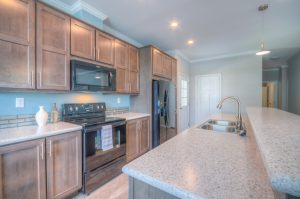
Perhaps last year’s most significant development, which will go into effect on March 15, 2021, occurred last January when HUD published its proposed rule to amend the HUD Code. One year later, HUD recently published its long-awaited final rule—the most substantial update to the HUD Code in approximately a decade. Naturally, this will spur activity at the state level, as the states amend their respective requirements to incorporate (or at least accommodate) the federal changes.
Needless to say, the regulatory environment for manufactured housing is constantly changing, and this year will be no different. From a comprehensive federal building code—the Construction and Safety Standards—that is further complicated by state oversight of installation standards to detailed state and federal requirements regarding how to title and finance a home, staying current with all these rules demands special attention. We will be here, keeping you up to speed.
Cheers to a healthy and prosperous New Year.
Attorneys Jeffrey Barringer and co-author Devin Leary-Hanebrink practice with McGlinchey Stafford PLLC. They help clients navigate the alphabet soup of state and federal agencies that regulate a wide range of industries, including banking, consumer financial services, housing, and construction. McGlinchey Stafford PLLC is a multi-service law firm with a national presence serving clients from offices in Alabama, California, Florida, Louisiana, Massachusetts, Mississippi, New York, Ohio, Tennessee, and Washington, D.C.


